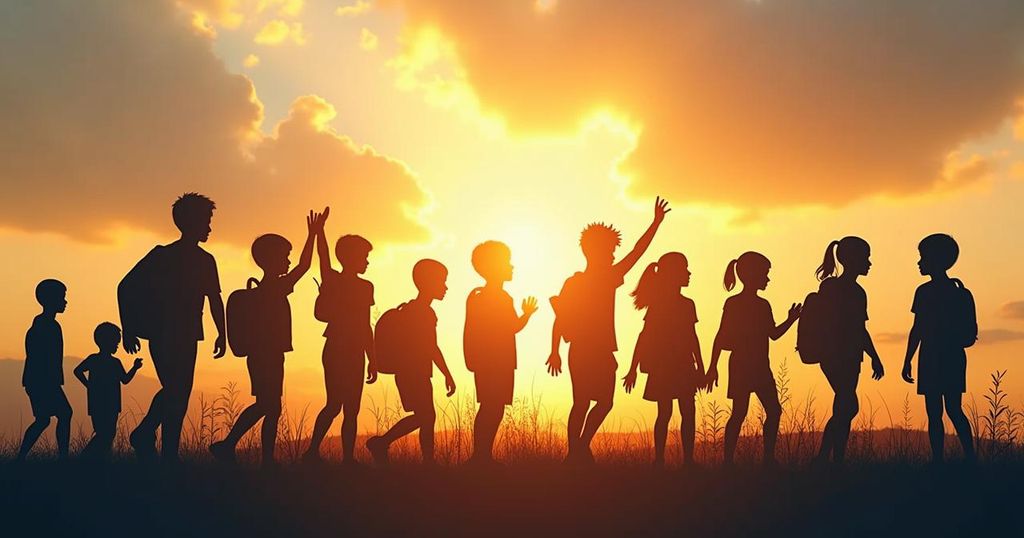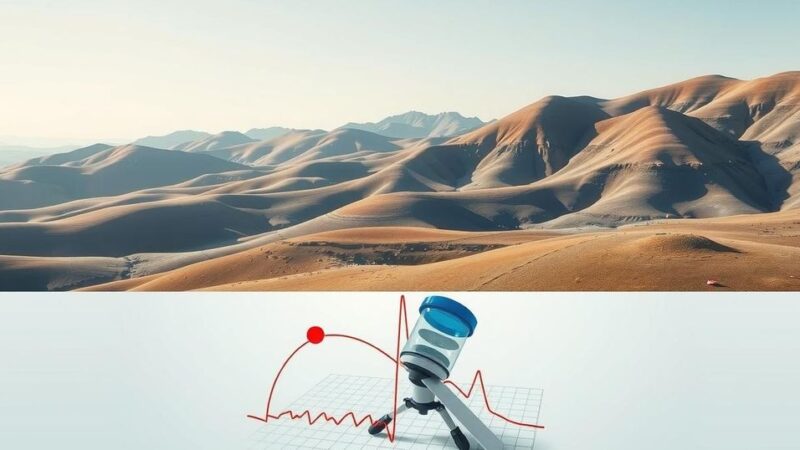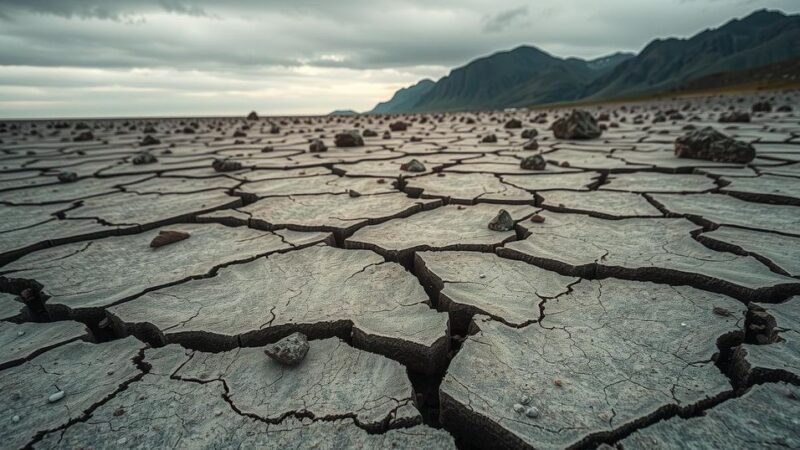Aisha O’Neil, influenced by her upbringing in Zion National Park, founded a climate action group in high school to address climate literacy in education. Her advocacy led to the introduction of a “seal of climate literacy” in Colorado, marking an important step toward integrating climate change discussions across curricula. The U.S. Global Change Research Program recently released a comprehensive guide outlining principles of climate literacy, emphasizing the importance of educating students in a way that inspires action and hope. O’Neil’s continued efforts at the University of Colorado aim to further enhance climate education and empower students to understand their role in tackling climate issues.
Aisha O’Neil, who spent her formative years in Zion National Park, developed a profound affinity for nature nurtured by her father, a ranger. Inspired by her upbringing, she is passionate about ensuring a sustainable environment for future generations. However, her education did not adequately cover the topic of climate change; most of her knowledge stemmed from alarming media coverage highlighting disasters like wildfires and evacuations. In response, O’Neil established a statewide climate action organization, Good Trouble, during her senior year at a rural Colorado high school. Advocating for a legislative initiative, her group succeeded in passing a bill that introduced a “seal of climate literacy” for graduates, representing an acknowledgment that a comprehensive education must include discussions on climate change. Inquiries into the elements of “climate literacy” have gained momentum based on recommendations from the United Nations and other global entities, which advocate education across all disciplines as vital in addressing the climate crisis. Ongoing transitions into clean energy and sustainable infrastructures necessitate equipping individuals with skills for climate action, highlighting the critical need for informed citizens ready to challenge fossil fuel interests. Colorado’s innovative initiative provides a model for broader educational reforms, focusing on both formal and informal learning experiences to cultivate climate literacy. The U.S. Global Change Research Program, in collaboration with various federal agencies, recently published a comprehensive framework for climate education outlining key principles essential for understanding climate change. These eight principles encompass climate science, human impacts, and the importance of climate justice, alongside actionable directives for mitigation and adaptation. Frank Niepold from the National Oceanic and Atmospheric Administration emphasized that this updated guide serves as an invaluable tool for both educators and decision-makers. Addressing O’Neil’s concerns, Niepold recognizes that current educational narratives often lack an emphasis on solutions and empowerment, leaving young people feeling overwhelmed rather than motivated. The guide aims to reshape educational approaches, fostering a sense of agency among students regarding climate issues. Although states like New Jersey have initiated comprehensive climate education standards, concerns about the availability of resources for implementation persist. For Colorado students to achieve the climate literacy seal, they are required to complete relevant coursework and engage in community initiatives. This grassroots movement reflects a desire for more profound systemic change; O’Neil, now a student at the University of Colorado Boulder, continues to campaign for statewide curriculum reforms to enhance climate education. O’Neil envisions an ideal educational framework that integrates climate change analysis into various aspects of learning, emphasizing not only scientific knowledge but also social justice, policy implications, and mitigation strategies. By approaching climate change as a resolvable challenge, O’Neil and her peers aim to empower future generations to address this critical issue with informed optimism.
The article addresses the importance of incorporating climate change education into the academic curriculum for students. It underscores the necessity of equipping young people with knowledge and skills to confront and address climate change challenges. Particularly, it reflects on the experiences of Aisha O’Neil, who advocated for legislative measures to promote climate literacy in Colorado. The discussion includes the new guidelines released by the U.S. Global Change Research Program that provide a framework for understanding climate change education, which is essential for fostering a proactive and informed citizenry capable of contributing to environmental sustainability.
In conclusion, the push for climate literacy in education is a crucial step toward empowering young people to engage with and address the pressing climate challenges of our time. Initiatives like Colorado’s seal of climate literacy offer a structured approach to incorporating meaningful climate education into school curricula. With comprehensive guidelines in place, the emphasis on both knowledge and actionable solutions can foster a generation that is informed, proactive, and optimistic about solving climate issues, ensuring a more sustainable and equitable future.
Original Source: hechingerreport.org






